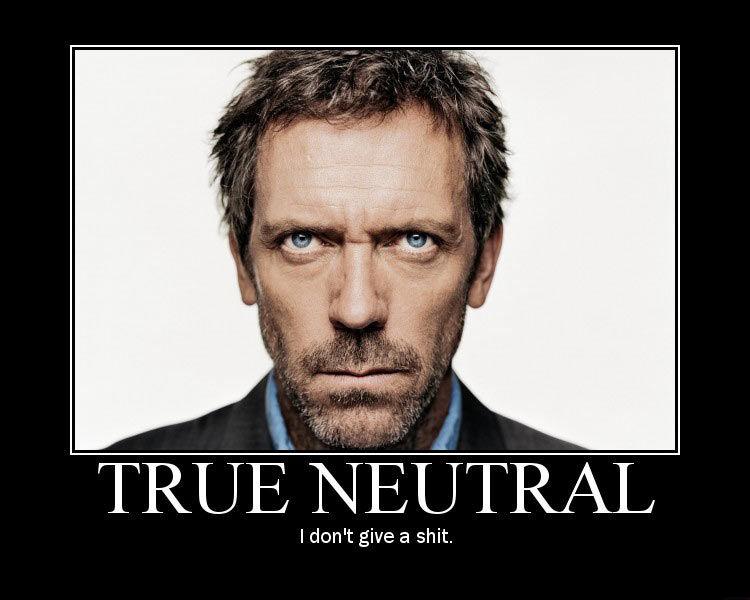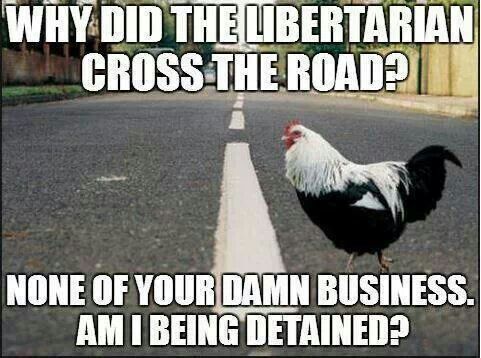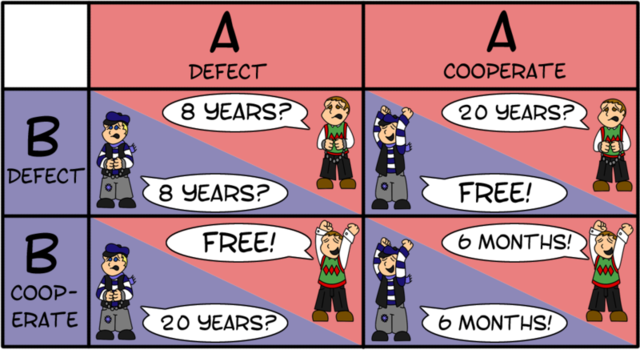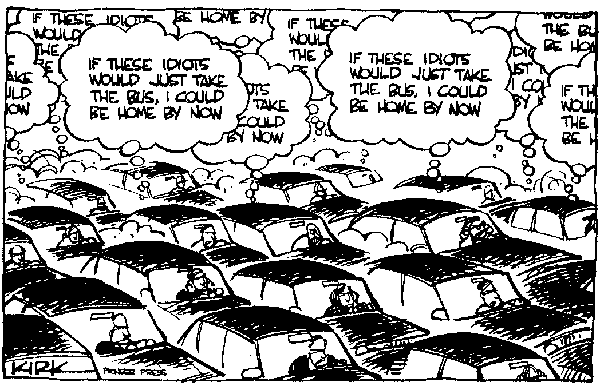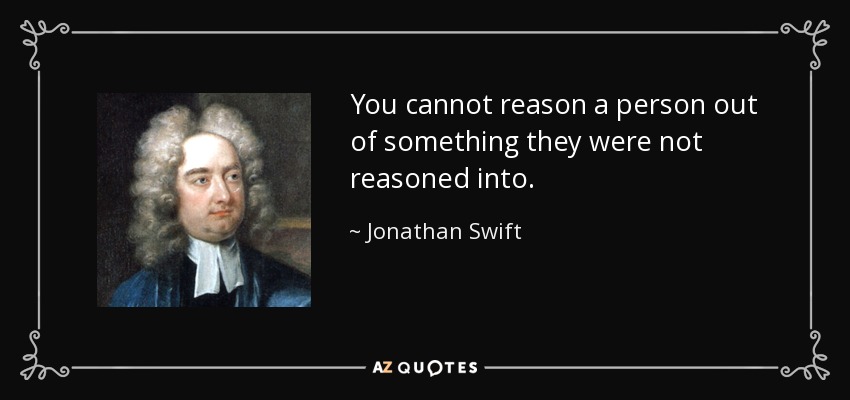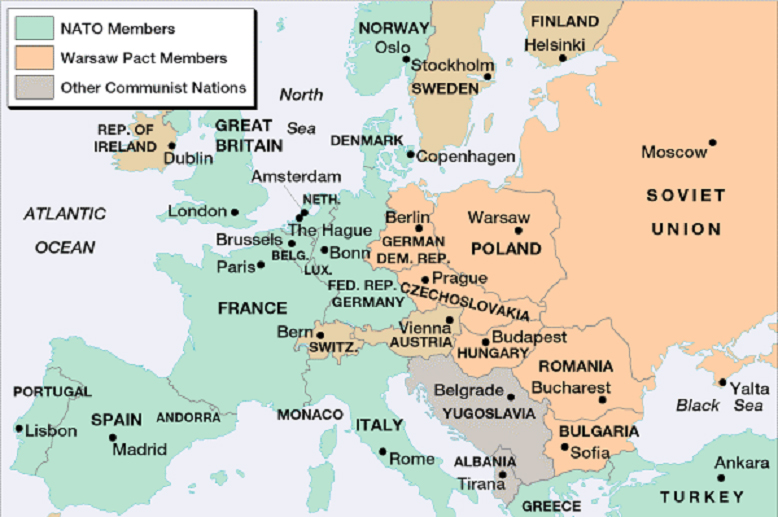As someone who has spent a considerable amount of time studying history, I have my personal theories about why societies and civilizations fall apart. And, I think we are in the last few years of our current globe-spanning Western civilization. Whether those years will be counted by actual years or by decades is still up for debate. But, the end of the world as we’ve known it is upon us and I believe it is for the same reasons that Rome, Greece, Egypt, China, and Mesopotamia failed.
We are divided into two major groups: the urban group and the agricultural group. Each has its own discrete set of interests based on location, lifestyle, and local culture. Neither group is better or worse than the other and, in many cases, there is considerable overlap in interests. No, the true division is in prioritization and in means of achieving those interests. And therein lies the reason why I no longer think this divide can be bridged.
Civilizations have fallen in the past when the urban elites overruled and ignored the plight of the agricultural base that made their lives possible. Think about it: the city of Rome (or Constantinople or Athens or Beijing or Cairo or Memphis or Baghdad) does not have enough arable land attached to it to support itself. It needs to bring in wheat, meat, and wine from the outlying agricultural districts. Therefore, it needs the people working that land to either 1) feel like they have a vested interest in supporting Rome (or wherever) or 2) be serfs who have no choice. The most successful civilizations have been those that were able to convince the agricultural regions to continue to support the urban regions and who, to some extent, ennobled the idea of the citizen-farmer (such as in the case of Cincinnatus). But, when urban interests and priorities caused the ruling class to ignore, disparage, or enslave the agricultural workers, things started to go downhill very quickly.
That’s not to say that there was some kind of conspiracy or mass strike where food didn’t get sent to the urban regions. Instead, there became less interest in working the land and more in moving to the city where franchise was possible. Sons no longer remained to work the farms of their fathers and instead moved to the cities. Some places tried to undo this or force people to remain on the farms (a la the Roman tax-farmers who were a precursor to later European serfdom). Others sent soldiers to force the farmers to keep working the fields (and that usually led to a lot of other problems since soldiers weren’t paid well and often used their authority to enrich themselves).
But, when the divide gets too big, the society breaks down. And we’ve reached that point.
So, what do we do? In the natural course of things, one group or the other or both take up arms against each other, there’s a series of bloody wars that span decades, then one group triumphs over the other and the civilization restarts. In this case, I don’t see things working out too well for the urban group in the United States. They’ve helpfully (to those they term their enemies) isolated themselves in small easy-to-destroy zones. For instance, a few years ago, while writing my Zombie Apocalypse Survival Compendium, I worked out exactly how to make it impossible for anyone to survive in Los Angeles. It’s surprisingly easy and would require no more than a few hundred people and some commercial-grade explosives. Taking out Las Vegas is almost as trivial. New York City is a bit more of a challenge but not overly difficult — especially not Manhattan island. Chicago presents a definite challenge but, again, if you control the zones around it, it’s not difficult to use standard siege tactics and a small strike team to shut down air access within the city itself.**
And if I, working with no resources and only a few maps, can figure out how to do it, chances are someone who doesn’t view it as a mental exercise to contain zombies has worked it out in far greater detail. And it won’t be pretty. We’re talking tens of millions dead inside a few months from starvation, dehydration, lack of sanitation, lack of access to electrical power, and then the plagues that seem to follow from such disasters.
Meanwhile, the agricultural region is not going to be easily conquered. The population density is low and living off the land is not only a cultural expectation, it’s a real possibility. There are no high-impact damaging targets to hit that are the equivalent of even one of the urban cities. I mean, sure, taking out some monuments would make people mad but it wouldn’t lead to the deaths of millions. Then there’s the fact that most of the current armed forces are culturally inline with the agricultural regions — they are more likely to refuse to obey orders or even kill their commanders if ordered to take control of what the urban dwellers call “Flyover Country.” And then, within those regions, while there are those who sympathize with the urban regions, they are generally well known and if they started trying to begin a grassroots terrorist campaign, they will find themselves woefully outnumbers and outgunned. Even if you could take out the entire electrical grid in “Flyover Country” and wrest control of the ports and rivers from them, it’s still difficult to conquer them. You’re dealing with people who routinely lose access to power and water for days or weeks on end and who have cultural expectations that they will be able to deal with it. So, short of killing mass numbers of them and sending the rest to re-education camps, there is no easy way to destroy the current agricultural region or its political movements.
So, what can be done that will not result in massive death?
The Great Divorce.
I propose that we break into two nations — an urban nation and an agricultural nation. Further, I propose that the current national debt be divided by the number of total people and that each new nation take that percentage of debt as theirs to pay off. If the urban group refuses this, then the agricultural group should assume 100% of the debt but, in return, retains access to all armaments — nuclear and otherwise. In this case, the new urban nation starts with no military assets. Urban sympathizers living in agricultural areas can either move to the new nation or can opt to give up citizenship in their local zone and become citizens of the urban zone but will no longer be allowed free access to services supported by local taxes. Same with agricultural sympathizers living in urban zones. So, if you’re an urban citizen who has chosen to live in the agricultural belt for whatever reason, your taxes go to support your urban nation and not to support the local schools. Therefore, you would have to pay to send your children to state-funded schools. Same for agricultural sympathizers living in the cities.
Trade and treaties between these two nations can be hammered out but any current agreements between regions will be null and void and will have to be negotiated fresh. That means that if the agricultural region wants access to a West Coast port, they’ll have to negotiate for it. It also means that if the urban region wants access to fresh water from the agricultural region, they’ll have to negotiate for it. Same with electrical power generation, mining rights, etc. The agricultural group could, as a gesture of good faith and good will, agree to cede a certain amount of arable land non-contiguous with an urban region to the urban nation to use as a breadbasket for itself. However, that land and free access to it would be contingent upon the urban citizens finding people with the know-how and willingness to go work on the farms and on them not spitting on the agricultural citizens who have graciously given up their land.
After that, the citizens of one nation go their way and the citizens of the other go a different way. Neither gets to rule over citizens of the other. If citizens of the agricultural nation are up in arms because citizens of the urban state can have abortions, well, they have as much say in that as the US currently has in abortion laws in Finland. If the citizens of the urban nation are up in arms because the citizens of the agricultural nation decide that the drinking age should be fourteen, well, again, they have as much say in it as the US currently does in British tax rates.
Both nations, if they chose to remain open to each other, could conduct various campaigns to try to win hearts and minds to their nation. Children born in either nation would not have citizenship rights until at least eighteen and at eighteen could very well decide to go live in the other nation. Immigration policy between the two will be up to the new governments, of course, but I would propose that there be a cooling-off period of five years between settling in a new nation and receiving franchise rights.
The only real issue of contention I see that is not easily resolved is that relating to the broadcast spectrum but, with the airwaves becoming less important due to the advent of the Internet, I don’t see it as a major stumbling block.
So, people on the left and right — what do you think? Are you willing to give up power over those who disagree with you in order to have your own nation? Or is all your caterwauling and hand-wringing just the same tired clichés that all tyrants trot out whenever they decide that they need to rule over people “for their own good?”
A house divided cannot stand but then a marriage where the parents do nothing but fight and scream at each other doesn’t last very long either.
— G.K.
**I am not going to post details of how to do any of these things here since I don’t want to give any local wackos ideas. Suffice it to say, I ran it past several of my friends in the military and the words “Yes, it would work. What is wrong with you that you think this shit up?” were uttered.












